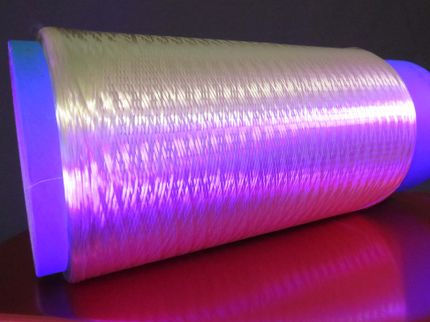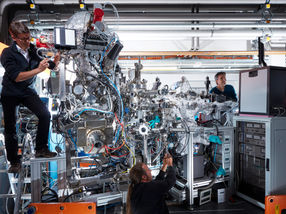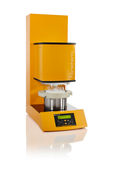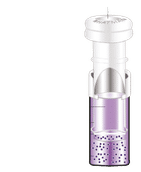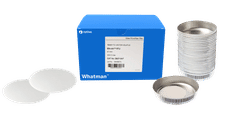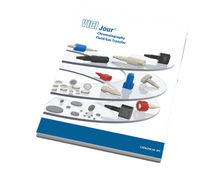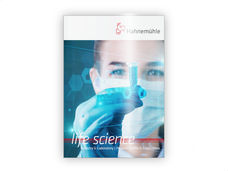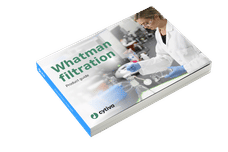Removing hazardous PFAS chemicals from drinking water
Researchers develop highly effective filter material
Advertisement
The chemicals known as PFAS are considered a severe threat to human health. Among other things, they can cause liver damage, cancer, and hormonal disorders. Researchers at the Technical University of Munich (TUM) have now developed a new, efficient method of filtering these substances out of drinking water. They rely on so-called metal-organic framework compounds, which work much better than the materials commonly used to date. Even extremely low concentrations of PFAS in the water can still be captured.
Per- and polyfluoroalkyl substances (PFAS) are considered "forever chemicals"; they generally do not decompose on their own even after centuries and, therefore, pose a long-term threat to humans and animals. PFAS have been used in numerous products such as textiles, fire-fighting foams, and food packaging, and have thus been released into the environment. The substances can accumulate in the body via food and drinking water, and thus cause serious health issues.
The team led by Nebojša Ilić from the TUM Chair of Urban Water Systems Engineering and Prof. Soumya Mukherjee, a former Alexander von Humboldt postdoctoral researcher at the TUM Chair of Inorganic and Organometallic Chemistry during the study period and now Assistant Professor of Materials Chemistry at the University of Limerick, identified water-stable metal-organic framework compounds made of zirconium carboxylate as particularly effective PFAS filters. The bespoke class of materials is characterized by the adaptable pore sizes and surface chemistry. The materials are water-resistant and highly electrostatically charged. By specifically designing the structures and combining them with polymers, the filter capacity has been significantly improved compared to materials already in use, such as activated carbon and special resins.
Prof. Jörg Drewes, Chair of Urban Water Systems Engineering, emphasizes the great social significance of the research results: "PFAS pose a constant threat to public health. For too long, the negative effects of the chemicals, which, among other things, ensure that rain jackets are waterproof and breathable, have been underestimated. The industry has now started to rethink this, but the legacy of PFAS will continue to affect us for several generations to come."
Researchers from the TUM School of Natural Sciences worked together with colleagues from the TUM School of Engineering and Design and simulation experts from the TUM School of Computation, Information, and Technology to develop and research the new filters. Prof. Roland Fischer, Chair of Inorganic and Organometallic Chemistry, emphasizes: "When solving such major challenges, experts from a wide range of disciplines have to work together. You simply can't get anywhere on your own. I am delighted that this approach has again proved its worth here."
However, it will be some time before this new filter material is adopted at large scale in waterworks. The newly discovered principle would have to be implemented with sustainably available, inexpensive materials that are safe in every respect. This will require considerable further research and engineering solutions.
Original publication
Nebojša Ilić, Kui Tan, Felix Mayr, Shujin Hou, Benedikt M. Aumeier, Eder Moisés Cedeño Morales, Uwe Hübner, Jennifer Cookman, Andreas Schneemann, Alessio Gagliardi, Jörg E. Drewes, Roland A. Fischer, Soumya Mukherjee; "Trace Adsorptive Removal of PFAS from Water by Optimizing the UiO‐66 MOF Interface"; Advanced Materials, 2024-11-21




